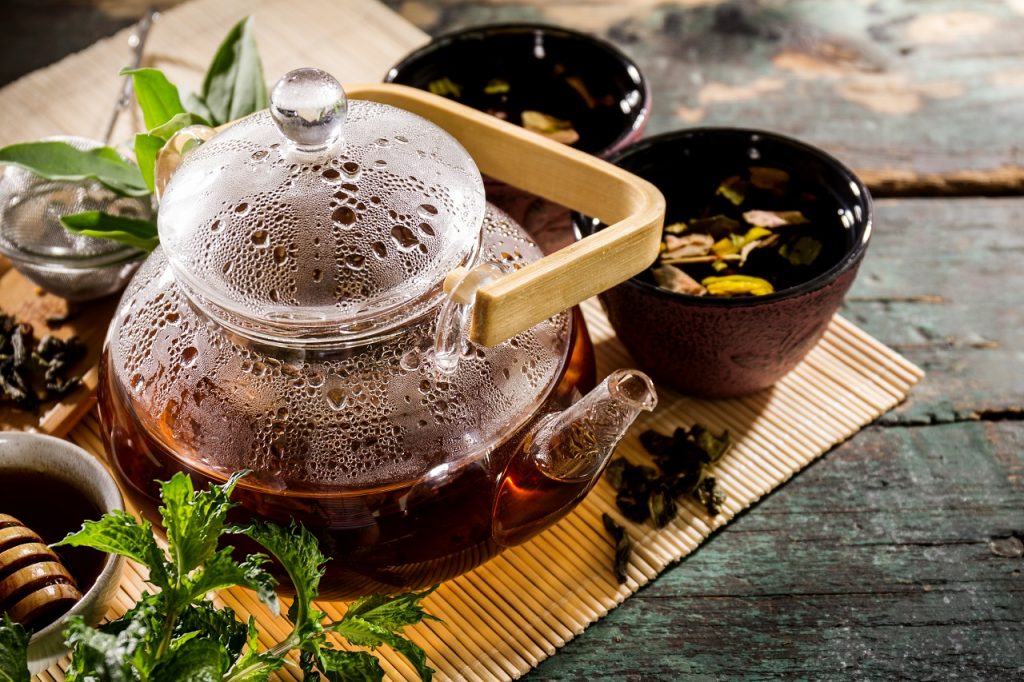
When you hear someone say tea, you are bound to picture that wonderful, aromatic concoction made from milk, sugar and tea leaves. Have you ever felt a slight amount of guilt for loving this enchanting drink when the rest of the world is telling you it is unhealthy? Tea has evolved so much over the centuries from the first time when it came to India, that its original shape and taste is only restricted to additives and the harmful effects of the additives are attributed to tea.
Does it feel like we’ve forgotten the true meaning to tea, which as per Merriam Webster dictionary is – “an aromatic drink, prepared by soaking the part of various plants (such as leaves or roots) and is used medicinally or as a beverage!’’
Here I am enlisting a few authentic teas which have some magical benefits on your health!
1. Wake Up Call Tulsi Tea
Tulsi or holy basil is one of the most sacred herbs in India, also known as “queen of herbs”. Chewing on a few Tulsi leaves is beneficial for you! Imagine sipping on hot Tulsi tea in the morning! The antioxidants in Tulsi Tea clean your body off all the accumulated toxins after the wear and tear which happens during deep sleep.
Its metabolism booster effect helps in optimizing your fasting blood sugar levels while anti-cortisol action is great to reduce the levels of stress hormones in the body, making you ready to welcome the day with a super refreshed and rejuvenated mind!
How to Brew: Take a cup of water in a saucepan. Add 2-3 Tulsi leaves and bring it to a boil till the water absorbs its colour and flavor. After about 2-3 minutes, strain the tea and sip it hot! You can add honey and lemon for more added flavor and nutrients.
2. Mid-Morning Green Tea
Known as one of the world’s healthiest drinks, we are aware of the numerous health benefits of green tea and how it boosts the metabolic process. But do you know that there are some specific times in a day when green tea can do more harm than benefits? For example, drinking green tea early morning on an empty stomach can increase the acidic environment in the gut or very close to the meals, when the tannins present in it can hamper the absorption of essential nutrients like iron, calcium, proteins from the food. An ideal time to drink this elixir is mid-morning, around 2 hours after your breakfast or 2 hours after lunch.
The natural antioxidants, catechins, which make about 30% of green teas’ nutrient content protect the body from cell damage, and prevent the occurrence of a variety of cancers and degenerative nerve cell disorders like Alzheimer’s.
How to Brew: Pour hot water over loose tea leaves or teabag. Let it steep for 3-5 minutes. Three minutes for mild flavor, five minutes for a robust full flavour as per your taste.
3. Afternoon Black Tea
Afternoon, around 1-2 hours after lunch is the time when we crave for tea the most. The feelings of dizziness, lethargy, sleepiness, heavy-headedness all attack the body together and the need for an instant stimulant is unavoidable. At that time, ditch the harmful additives altogether (milk, sugar) and go for pure, super brain stimulant black tea. L-theanine, the amino acid present in tea increases alpha activity in the brain, resulting in relaxation, better focus and alertness. Black tea is also found to have positive effects on heart health by reducing the levels of LDL – the bad cholesterol when taken consistently.
How to Brew: Pour hot water over a tea bag or boil 2-3g of tea leaves with one cup of water. Let it steep for 3-5 minutes, depending on the flavour you prefer. Strain it and sip to enjoy the rush of energy!
4. Before bed Chamomile Tea
This is one of the best non-caffeinated drink which you can have at bedtime. Chamomile is a herb which comes from the daisy-like flowers of the Asteraceae family which have been used for centuries to reduce inflammation, anxiety and treat insomnia. The best time to relish this naturally sweet tea is 30 minutes before bedtime, as the antioxidant ‘epigenin’ present in it binds to benzodiazepine receptors in the brain that may decrease anxiety and cause mild sleepiness. Some studies have found it effective in positively reducing the anxiety during the postpartum period.
How to Brew: Pour hot water over tea bag or infuser. Let it steep for 3-5 minutes. Add in the flavour of your choice like lemon or mint leaves if needed and enjoy the calmness.
Tea For Home Remedies
Let’s see some age old remedial teas from our grandma’s kitchen!
1. Lemon Honey Tea for Cold and Sore Throat
It is one of the most popular drinks, especially in winters, which instantly soothes a sore throat and reduces congestion. Lemon helps in reducing congestion because of its anti-inflammatory action, while honey helps in soothing the throat.
How to Brew: Add the juice of half a lemon and one teaspoon of organic honey to one cup of hot or warm water and drink instantly!
2. Ginger Tea for Nausea
The active components present in ginger i.e. Gingerol and volatile oils have been found to be effective in reducing nausea caused by pregnancy, chemotherapy or post-surgery. It can also help in calming down the symptoms of motion sickness like dizziness, vomiting and cold sweats.
How to Brew: Add 3-4 slices of peeled, raw ginger in one and half cup of water and let it boil on medium heat for 10-20 minutes, depending on how strong you want it. Remove from heat and add in lemon and honey as per your taste.
3. Peppermint Tea for Bloating
Peppermint is one of the most widely used herbal tea all over the world as a home remedy for various health conditions. It is sometimes known as ‘stomach healer’, as it is known to soothe various gastrointestinal ailments, including stomachache, heart burns, bloating, indigestion and diarrhoea and to promote healthy digestion. It is particularly effective after a meal if you experience heartburn or at the onset of stomach problems.
How to Brew: Add fresh (preferably) or dried peppermint leaves to boiling water. Steep it for 5-10 minutes. Strain the leaves, drink it warm and not scalding hot.
Did you find this article helpful? Try some of these and share your experience with us in the comments below. For more on tea, check out Healthy Reads. You can also buy our select teas, curated by experts from the GOQii Health Store within the GOQii App. Download the app now!
#BeTheForce
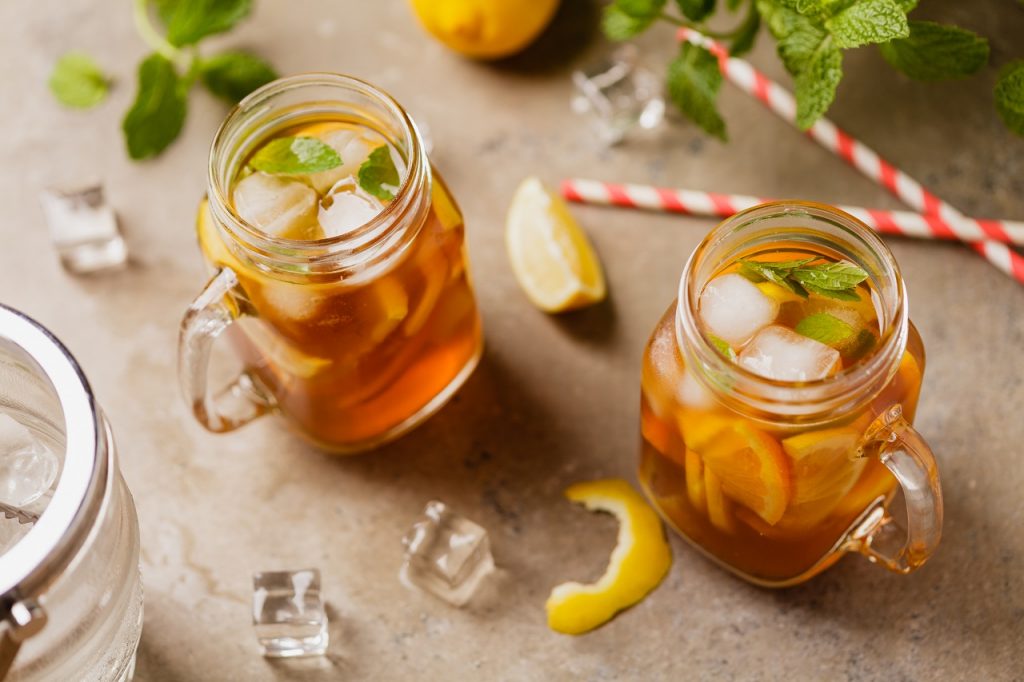
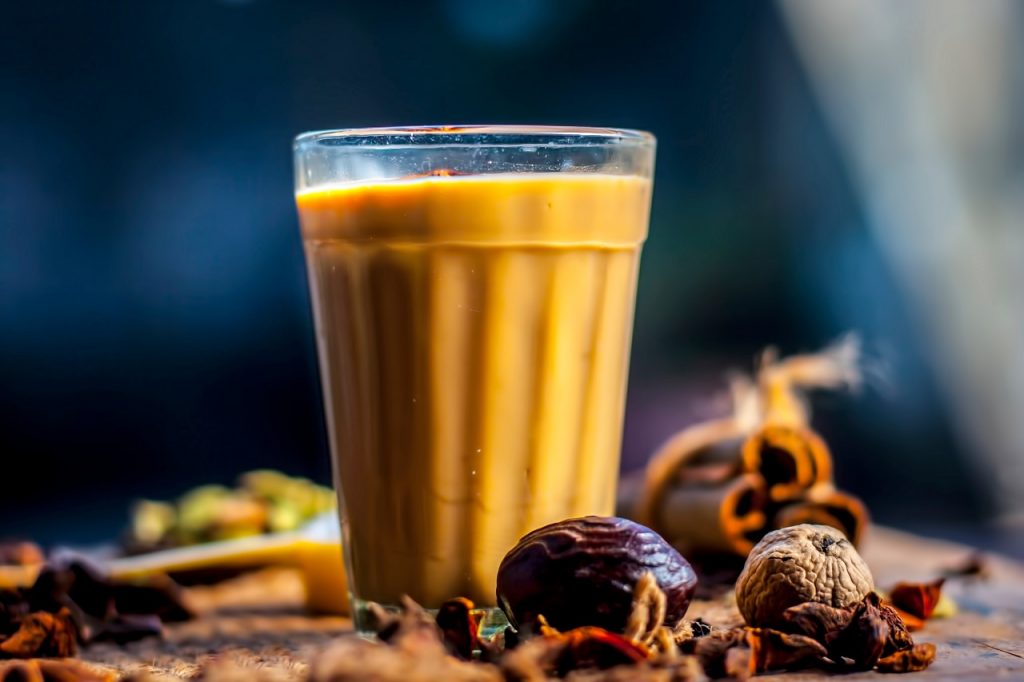 The word Chai actually means tea in English and Russian. In India, it is also known as Masala Chai. More appropriately, it means spice blend. Tea has become a daily part of Indian life. It is now a key element of our culture which has spread throughout the world. Masala Chai is an everyday drink in most parts of India. It is common for Indians to delight themselves with 2 cups of it per day.
The word Chai actually means tea in English and Russian. In India, it is also known as Masala Chai. More appropriately, it means spice blend. Tea has become a daily part of Indian life. It is now a key element of our culture which has spread throughout the world. Masala Chai is an everyday drink in most parts of India. It is common for Indians to delight themselves with 2 cups of it per day.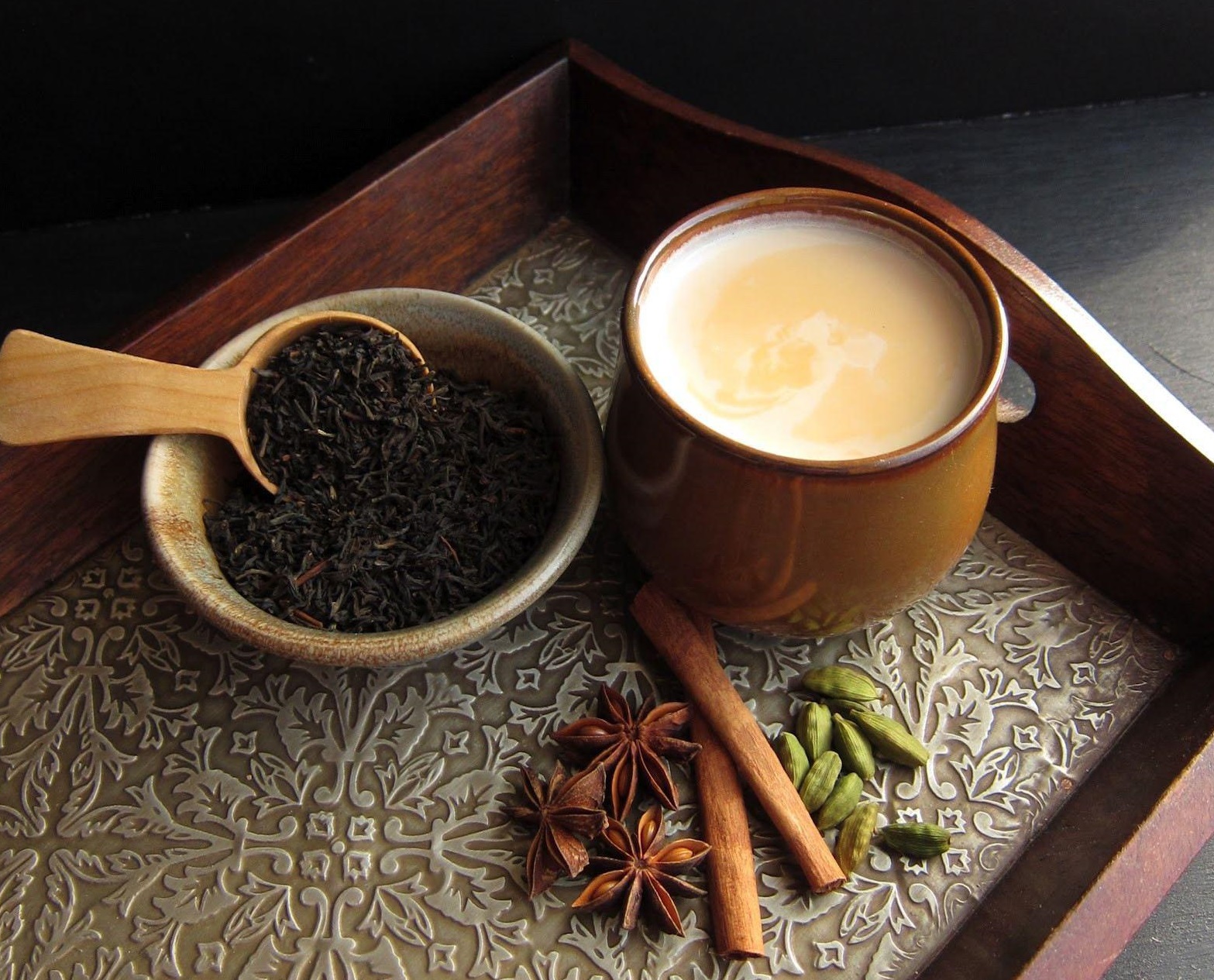
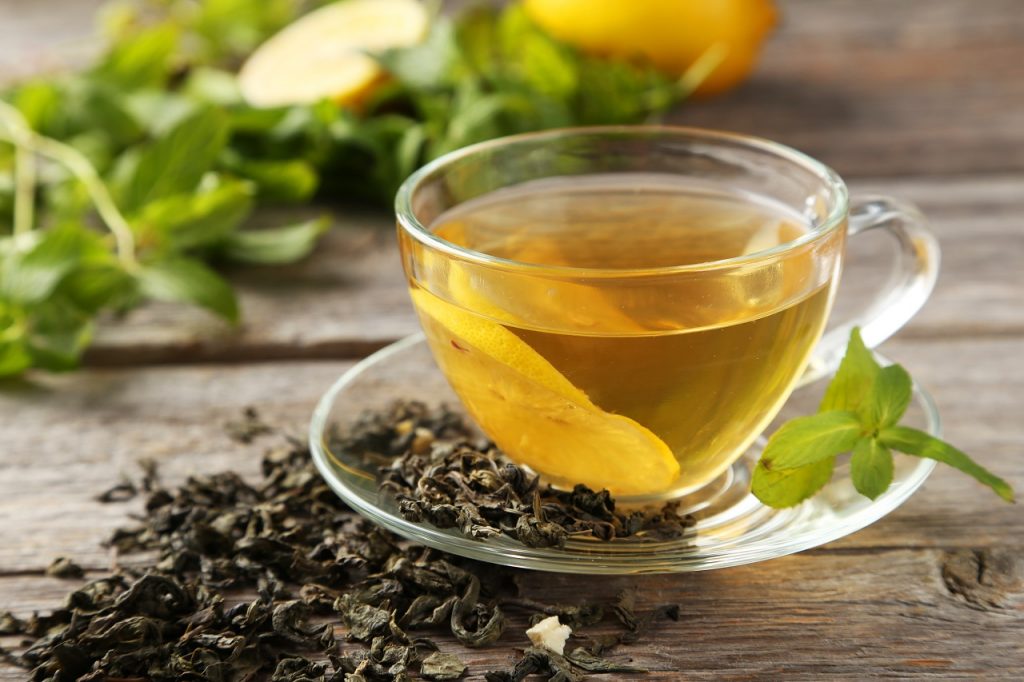 Green tea has become a household name today and is highly appreciated by all. People have started including a cup of steaming hot cup to their daily routine to keep themselves healthy. Having a cup of this beverage instead of your regular mug of coffee or tea will also reduce the amount of sugar that you have throughout the day.
Green tea has become a household name today and is highly appreciated by all. People have started including a cup of steaming hot cup to their daily routine to keep themselves healthy. Having a cup of this beverage instead of your regular mug of coffee or tea will also reduce the amount of sugar that you have throughout the day.


